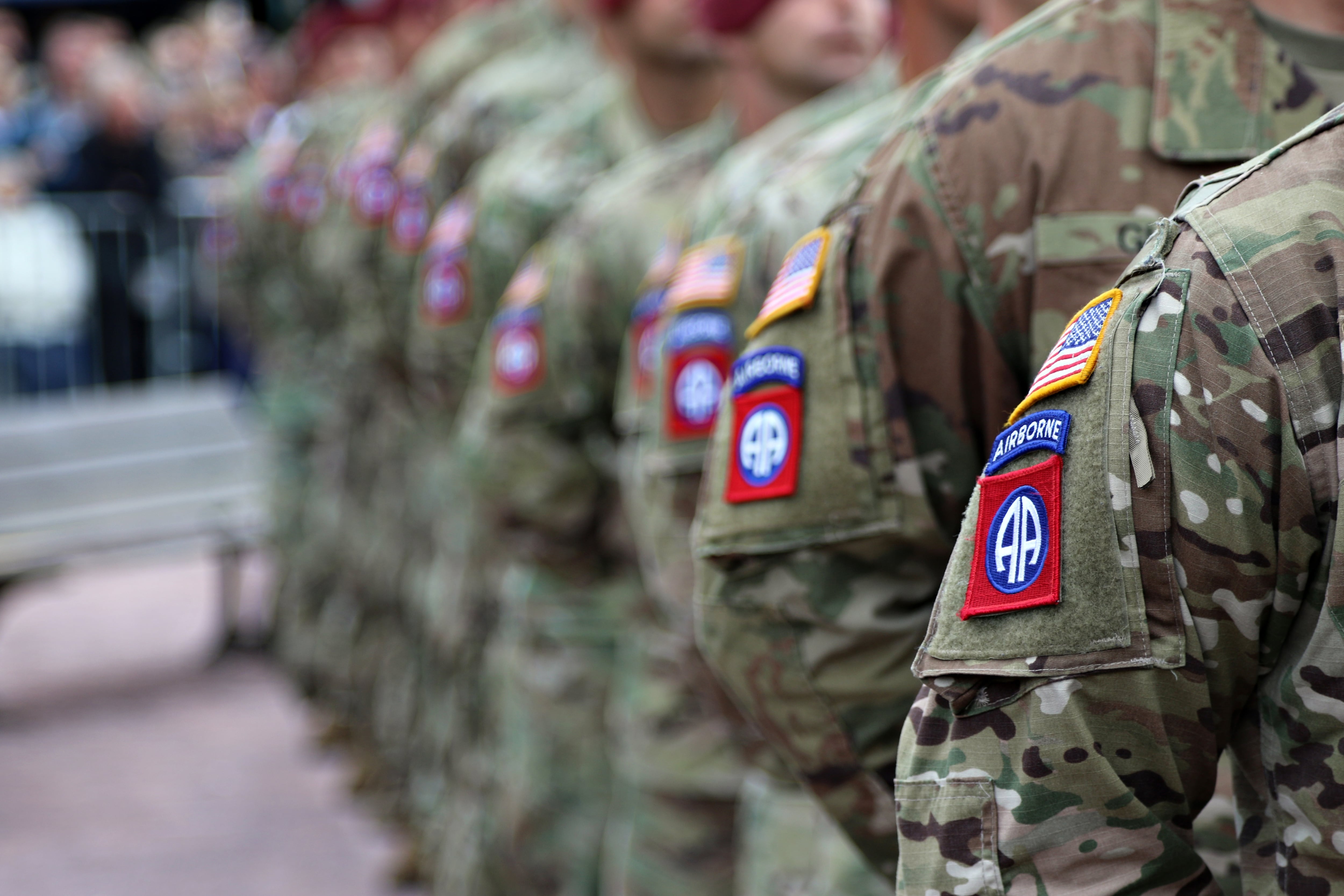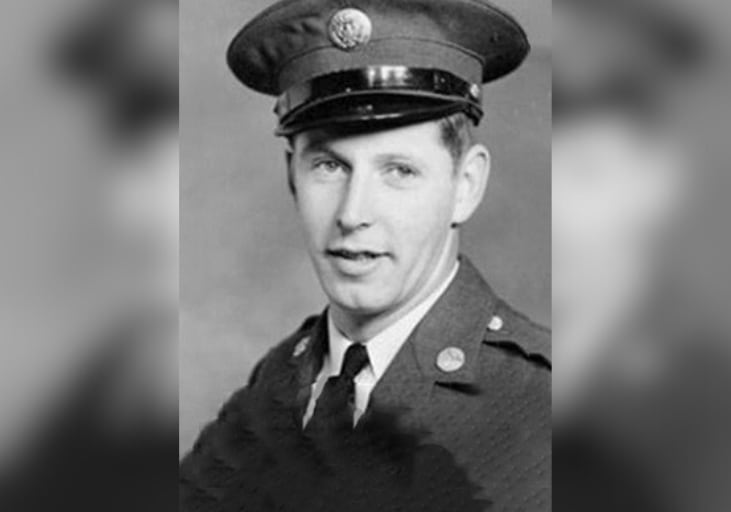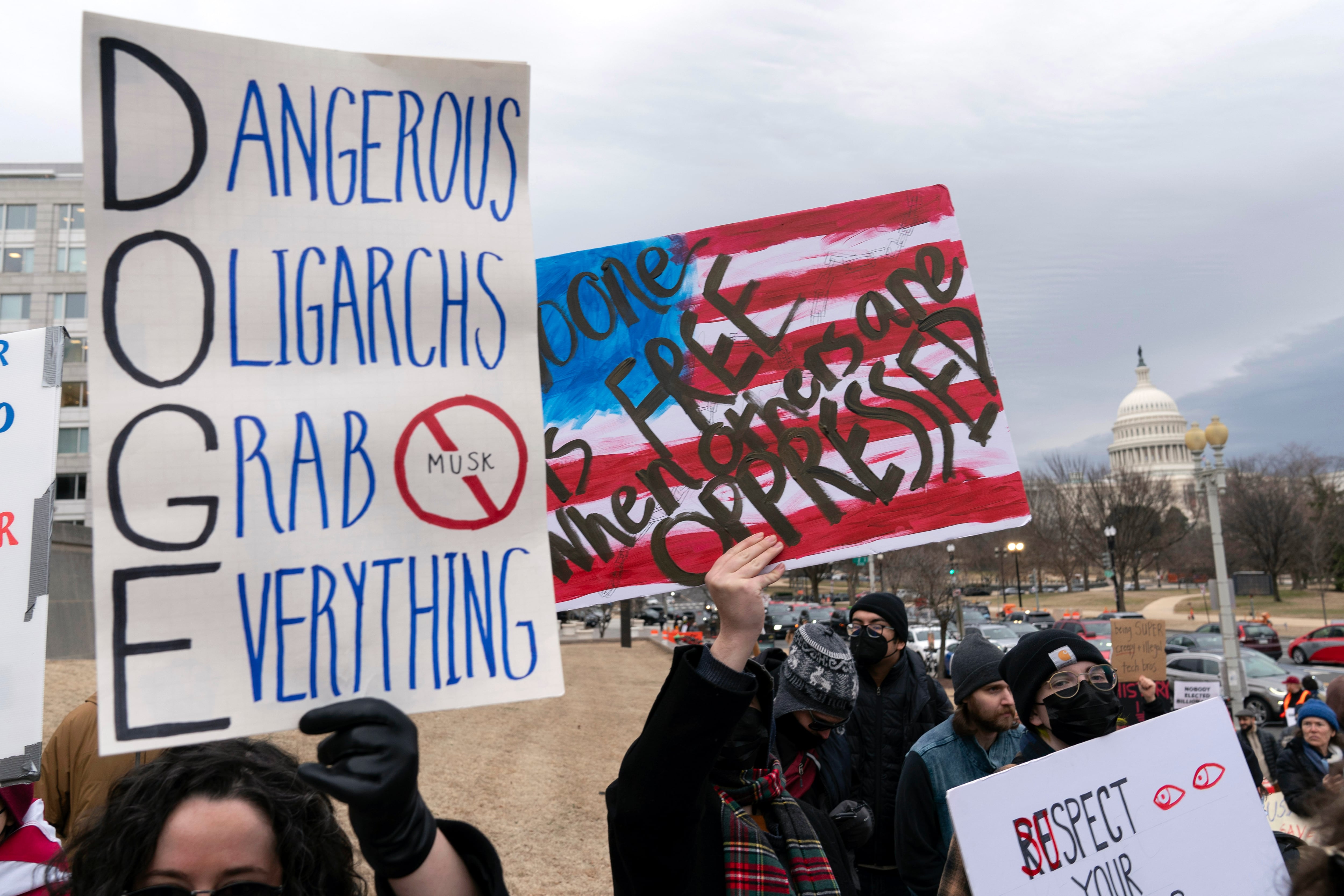It can be a struggle for transitioning veterans to connect their military experience to potential civilian employers — especially when applying to work in industries different from those they excelled in during service.
Britt Brown, who served in the Air Force as a commissioned officer for six and a half years, achieving the rank of captain, says, “I was very intentional about seeking out resources to help support a successful transition.”
According to Jacqueline Owens, talent acquisition lead — military recruiting at PayPal, Brown’s approach is spot on. “Do your research so that you are working smart,” she says. “There is an abundance of information out there and you would be amazed how much the FinTech community keeps track of what is going on within it; so stay in the know.”
For the first half of her career, Brown worked as an aircraft maintenance officer where she was responsible for developing and executing maintenance support and aircraft sustainability project plans. After roughly three years in that position, she was competitively selected for a career broadening program that allowed her to become formally trained and work as a logistics officer.
“Considering that I earned my degree in public relations — a field completely the opposite of either of the industries I served in — and had zero knowledge of either aircraft maintenance or logistics industries before stepping into these roles in the Air Force, I take great pride in the accomplishments I was able to achieve throughout my military career,” Brown says.
Brown says the confidence that came with knowing she could lead teams and produce results with little to no prior industry knowledge, felt like both a blessing and a curse. “On the one hand, I was optimistic that I could enter any field I put my mind to and be able to produce results based on my passion for improving processes and implementing metrics from which to measure success,” she says. “But on the other hand, telling myself that I could do anything made me feel incredibly overwhelmed by choice, and I initially struggled with how to start the search to determine what my next career path would be.”
Bridging military to civilian with an MBA
Brown applied to graduate school to get her MBA with the intent of gaining knowledge about the corporate business world that she could use to bridge the connection from the military to future civilian experience.
Her introductory management of information systems, or MIS, classes led her to discover a passion for leveraging technical systems as a way to improve business processes, she says, “causing me to voluntarily take so many additional courses to quench my thirst for knowledge, that I ended up completing a dual degree MBA and Masters of Science in Management of Information Systems before it was all said and done.”
Brown was introduced to the Hiring Our Heroes Corporate Fellowship Program, where she focused her efforts on connecting with companies that aligned with her values and the job outlook she sought.
PayPal’s Owens says, “We have been a participant [in Hiring Our Heroes] for three years. We have partnered with the Private Public Partnership Office with the U.S. Army Reserve in an effort to provide meaningful employment opportunities to reservists and we are looking to develop additional partnerships to establish a stronger presence in the veteran, service member and military spouse community.”
Brown also participated in a Breakline Education Cohort, which provides educational resources, interview tips and focused opportunities to connect veterans, women and people of color to job opportunities in the tech industry. She was assigned with a mentor in the IT space through American Corporate Partners and she signed up for Veterati, another mentorship program, where she was able to reach out to veterans that had successfully transitioned in roles she aspired to and conducted dozens of hour-long informational interviews to learn about their transition successes and pitfalls to avoid.
Owens says it is important to remember that veterans bring to the table something that typical candidates do not have. “Do not lose sight of that in the interview process,” she says.
At the end of the interview period, Brown says she was fortunate enough to match with her first choice and completed her fellowship working with the Business Technology Office at PayPal.
“I was grateful for the opportunity to learn so much about the company and industry during this fellowship, and demonstrate to myself and my supervision that I absolutely was an asset to the team and the business, ultimately landing a job offer at the company following the fellowship, which I gladly accepted,” Brown says.





